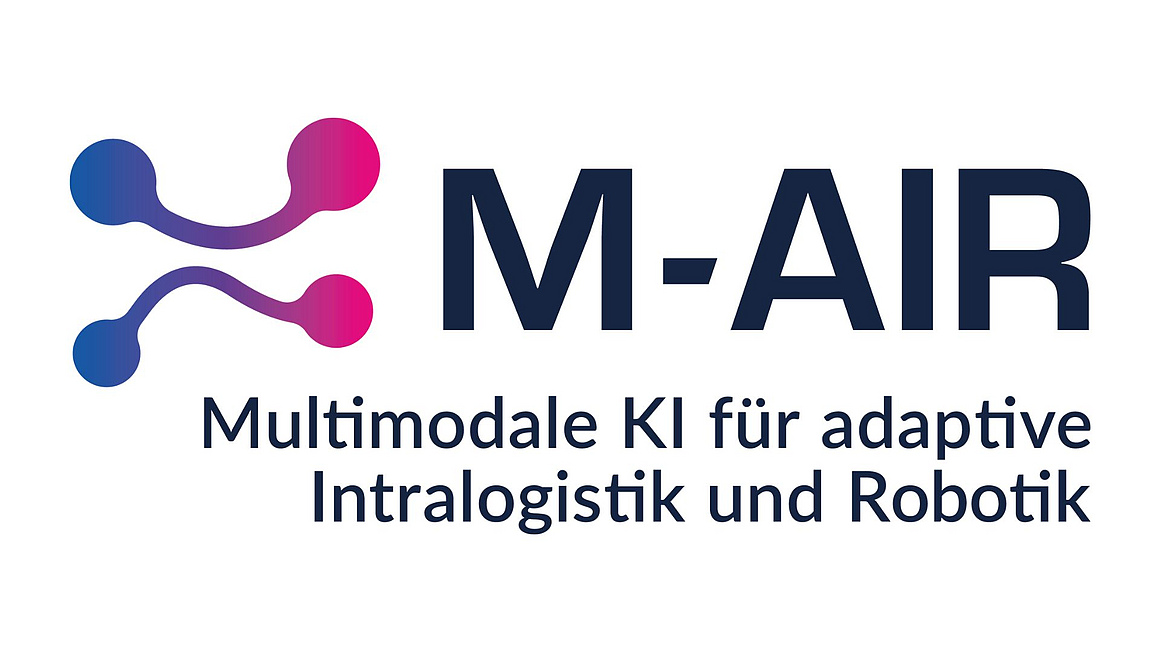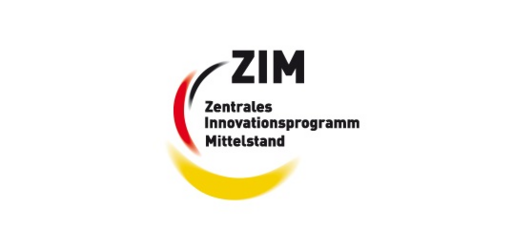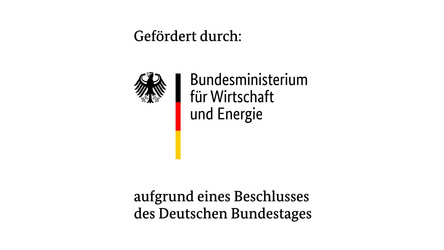

Ziel des F&E-Netzwerks M-AIR Multimodale KI für adaptive Intralogistik und Robotik ist es, neue Produkte und Verfahren bezüglich der Themen Digitalisierung, Vernetzung und Automatisierung mittels künstlicher Intelligenz im Kontext der industriellen Intralogistik, vor allem für produzierende KMU, zu entwickeln. Durch die Entwicklung der Anwendungen und der neuartigen Kombination von Robotik, Computer Vision und Large-Language-Models sollen die Herausforderungen an Effizienz und Flexibilität sowie Sicherheit und Planbarkeit der Branche adressiert werden. Dazu gehört nicht nur die gänzliche Neuentwicklung (Greenfield) sondern auch das Refit (Brownfield) bestehender Logistiksysteme. Auf diese Weise trägt das Netzwerk M-AIR dazu bei, die langfristige Wettbewerbsfähigkeit der adaptiven Intralogistik zu sichern und den Automatisierungsgrad nachhaltig zu erhöhen.
Das Netzwerk M-AIR ist ein gemeinsames Projekt der Cluster Mobility & Logistics und AIR Artificial Intelligence Regensburg.
Laufzeit: 01.10.2025 - 31.09.2026
Das Netzwerk M-AIR bündelt Unternehmen und Forschungseinrichtungen, die gemeinsam neue Ansätze für KI-basierte Anwendungen in Produktion, Logistik und Industrie erforschen.
Die folgenden Themenfelder zeigen mögliche Projektideen, die aus den bisherigen Austauschformaten und Workshops hervorgegangen sind und künftig weiterentwickelt oder vertieft werden könnten.
Uwe Pfeil
Clustermanager
Tel. +49 941 604889 55
uwe.pfeiltechbase.de
VDI/VDE Innovation + Technik GmbH

